TECHNOLOGY
Scalable GMP Exosome Production
Advanced EV Analysis For Quality
EV Biologics is actively engaged in biotechnology research to develop analytical and production systems to overcome the challenges leading to clinical application of exosomes in diagnostics and therapeutics.
Quality EV Generation
Scalable GMP Bioprocessing
The heterogeneous size and phenotype of EVs produced even by clonal cell lines has made it very challenging to produce EVs for consistent drug development, which is subject to rigorous quality standards. Production and analytical methods requiring extensive human interaction have further complicated exosome therapeutic development. EV Biologics is developing scalable, automated, closed bioprocessing systems to eliminate the inconsistency inherent in manual production and isolation of EVs.
Starting with state-of-the-art automated systems for cell culture, EV separation and nanoparticle analysis, our research and development team is pushing the known limits of EV generation. Cell engineering will also improve the quality and quantity of EVs produced and facilitate EV isolation and characterization. Confirmation of exosome bioactivity with in vitro and in vivo bioassays will enable preparation of safe, effective EV biopharmaceuticals for human clinical trials.

CELL ENGINEERING
Optimized EV Generation
Bioengineering techniques such as genomic editing and cell priming have been employed to increase production and alter the biological profile of EVs. Better understanding of the roles of specific lipids, proteins and RNA in molecular biology has enabled the optimization of EV design for development of biological drugs. Advancements in cell culture and expansion technology have facilitated scalable GMP generation of conditioned media (CCM) rich in EVs intended for research and development of next-generation biopharmaceuticals.
EXOSOME ISOLATION
EV Purification Techniques
Development of exosome-based biopharmaceuticals and diagnostic modalities requires rigorous isolation methods to achieve optimal purification of EVs in conditioned media or body fluid samples. The synergy of ultrafiltration, affinity chromatography, immunoprecipitation and other separation methods in concert with EV bioengineering can provide exceptionally pure isolates of EVs. Purification of desired EVs paves the way for biopharmaceutical development and enables analysis of specific subsets of circulating EVs.
EV MODIFICATION
Bioactivity & Biodistribution
Further modifications of EVs after generation by engineering cell lines under optimal cell culture conditions can further enhance their bioactivity, biodistribution and stability. Incorporation of specific synthetic compounds and natural biomolecules into EVs may increase their therapeutic potency and their ability to selectively target diseased or injured cells. In concert with cell engineering and indication-specific delivery systems, EV modifications can provide an optimized pharmacologic profile for exosome therapeutics.
EV ANALYSIS
Orthogonal Characterization
Advancements in biophysical and biochemical characterization of biological nanoparticles with combined analytical techniques have enabled researchers to overcome some of the challenges of defining EVs. Orthogonal methods to define the size, concentration, phenotype, content and bioactivity are essential as confirmation of EV data for accuracy in diagnostics and quality management in drug development.



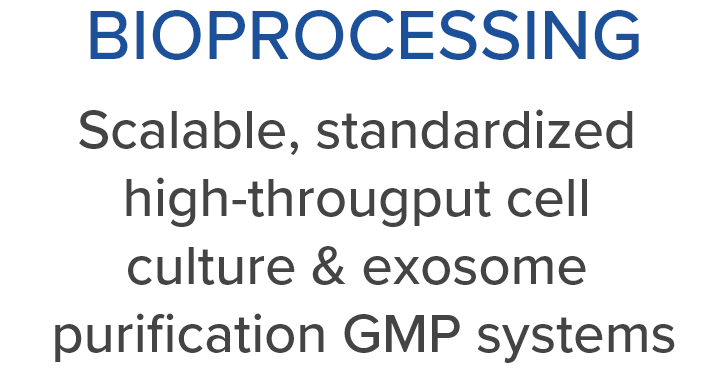
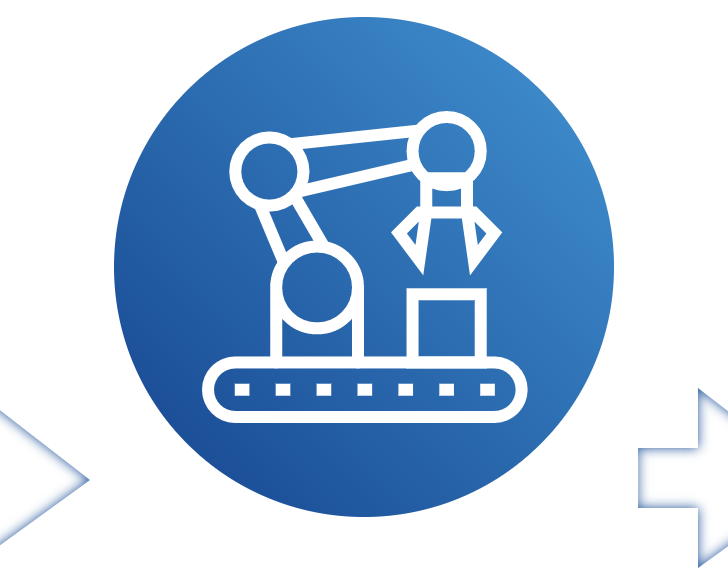



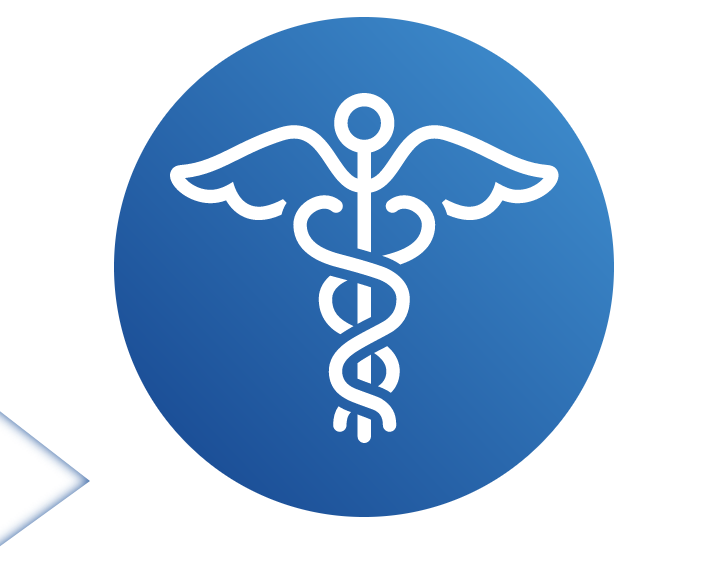
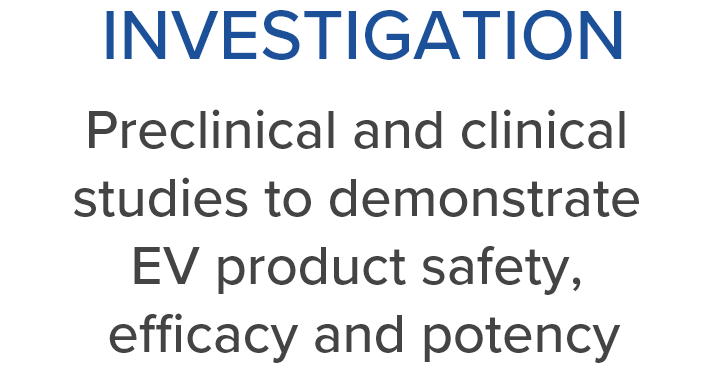
INNOVATION
Optimizing EV Production & Analysis
Tremendous progress in EV technology has been made over the last few years as scientific and clinical researchers have discovered that EVs mediate some of the remarkable therapeutic benefits of stem cells. EV research has just begun to scratch the surface of production and isolation technology, therapeutic applications and diagnostic profiling. EV Biologics has already begun to implement focused development strategies for each of these areas of innovation. The current state of cell culture, EV isolation, nanoparticle analysis and bioactivity assays has already
progressed sufficiently to allow large-scale production and quality-verification of this class of biological drugs. Optimization of production and analytical methods will not only promote advancement of the science of EVs, but will also improve the cost-effectiveness of clinical development. The combined clinical, scientific and bioengineering experience of the EV Biologics team is focused on continued improvement of its EV platform drugs, the manufacturing systems used to produce and isolate them, and the bioanalytical systems used to characterize them.